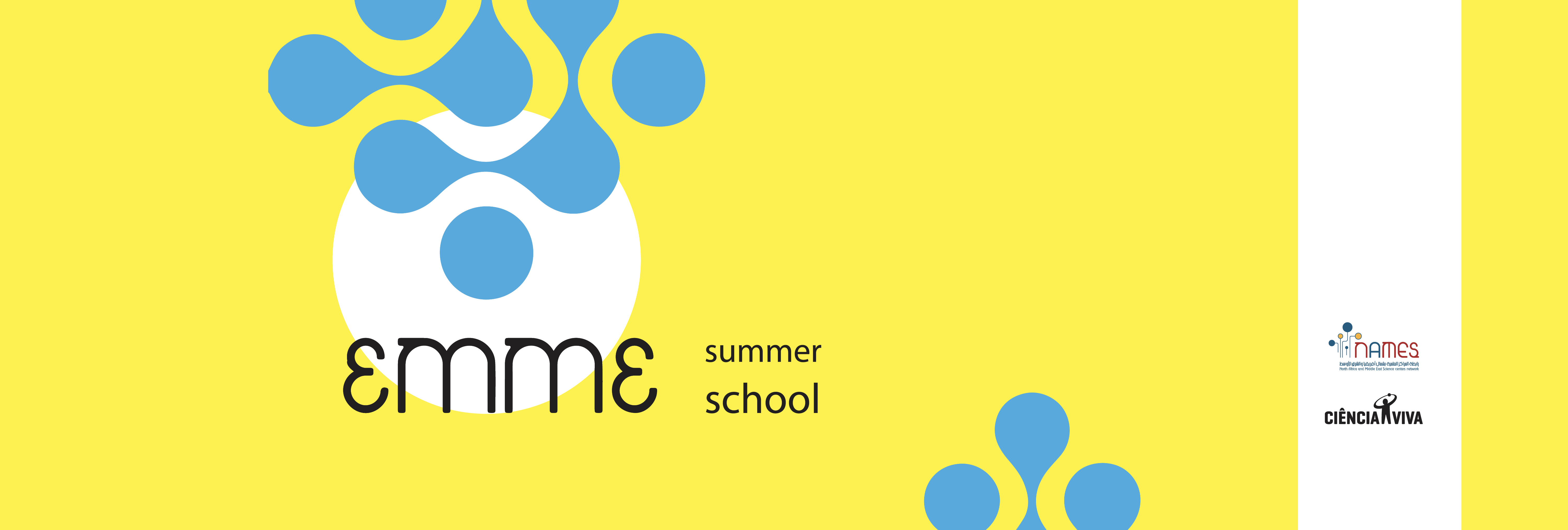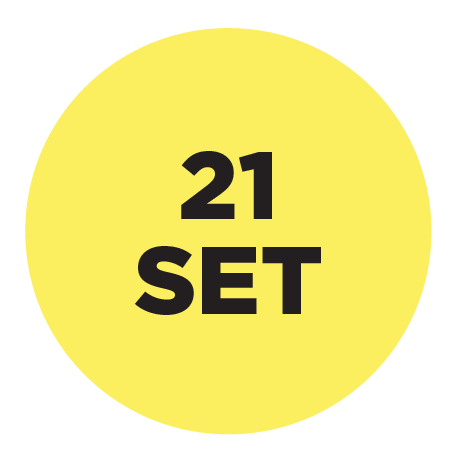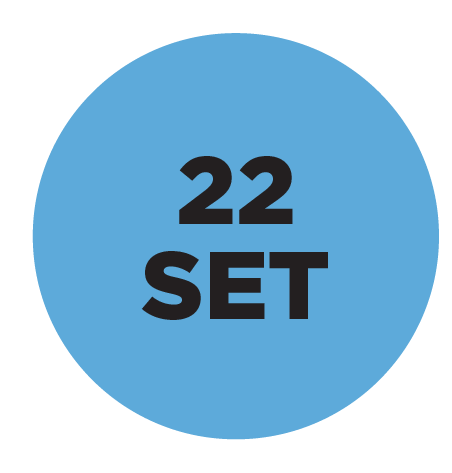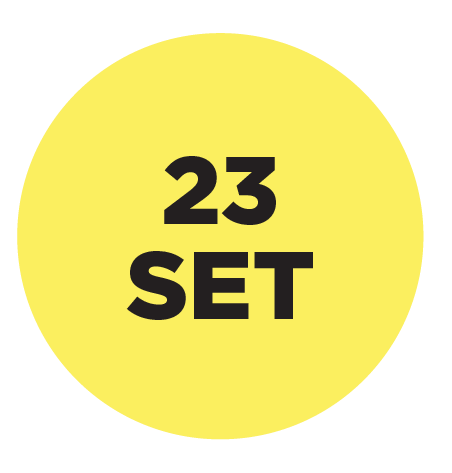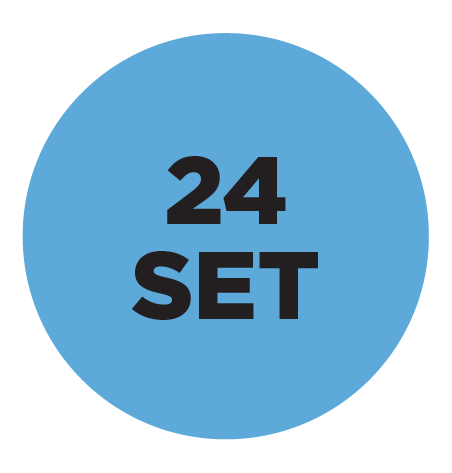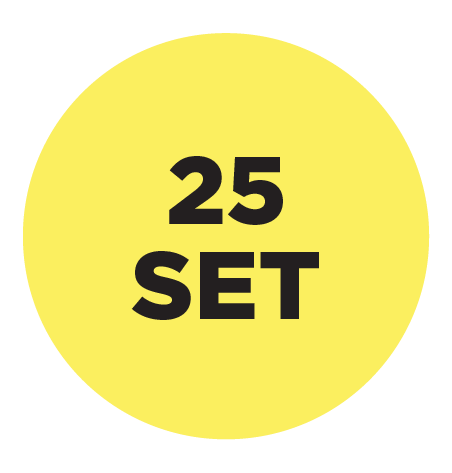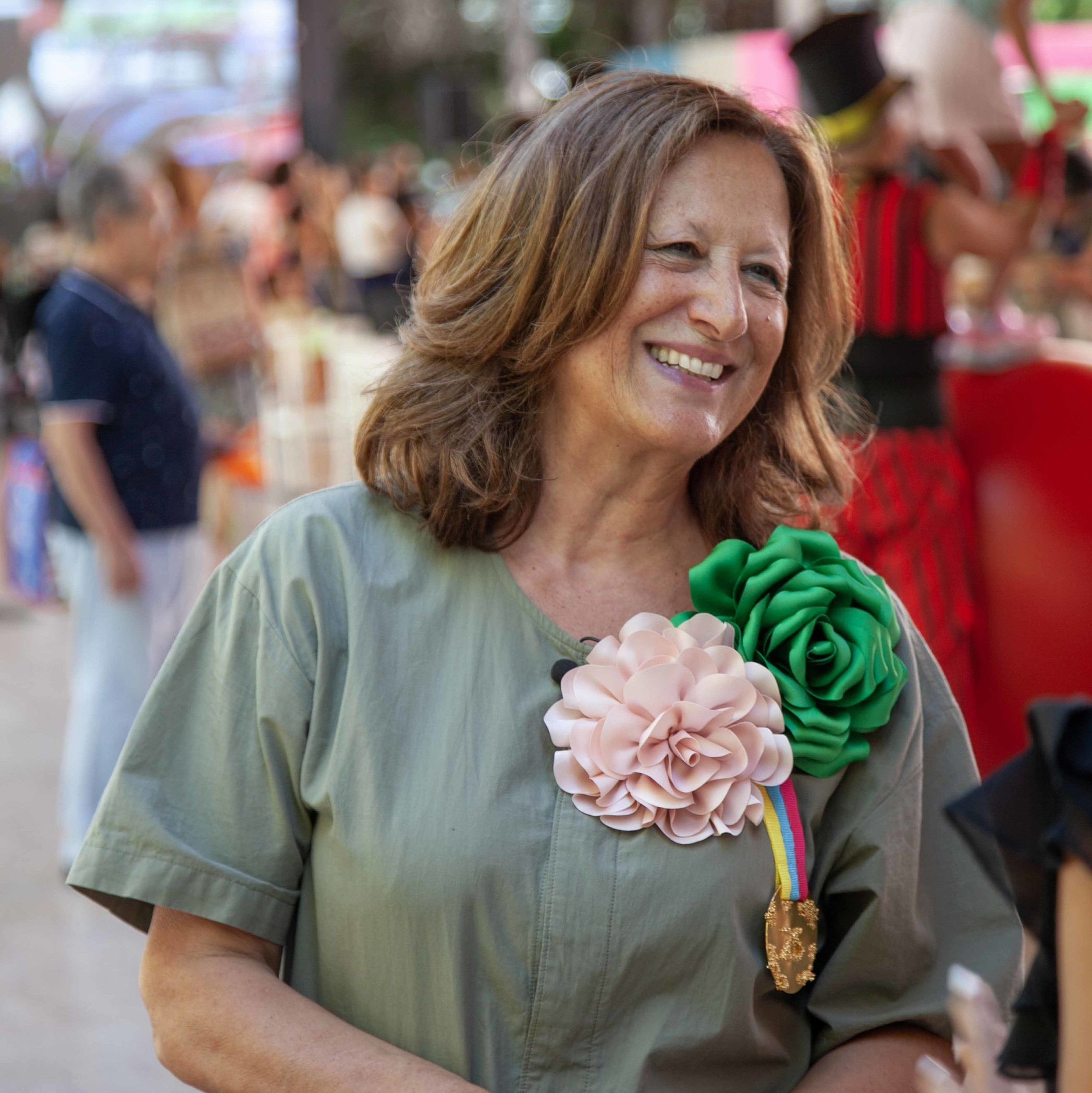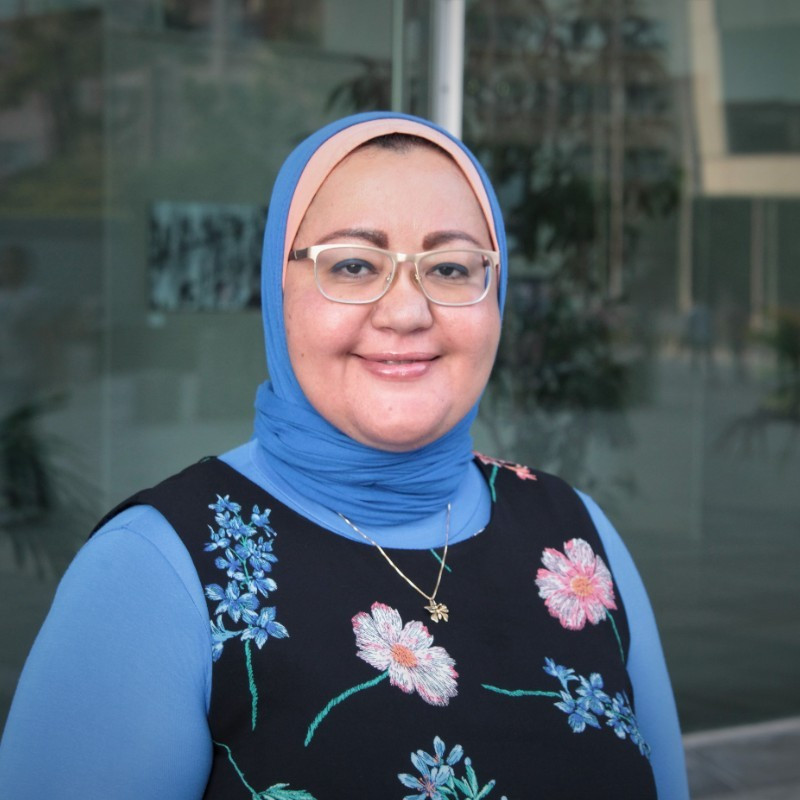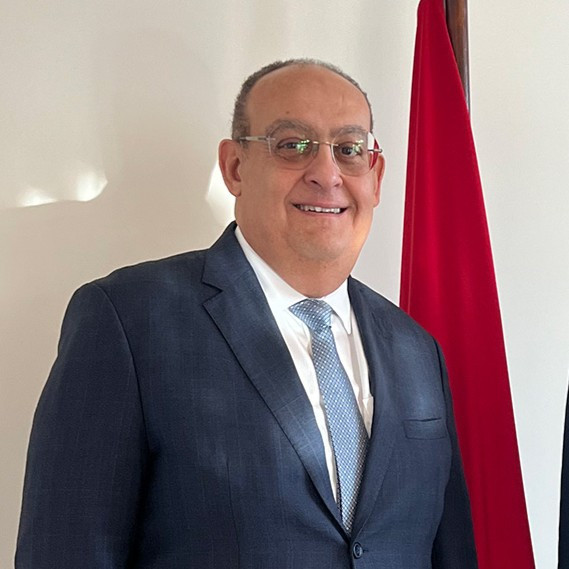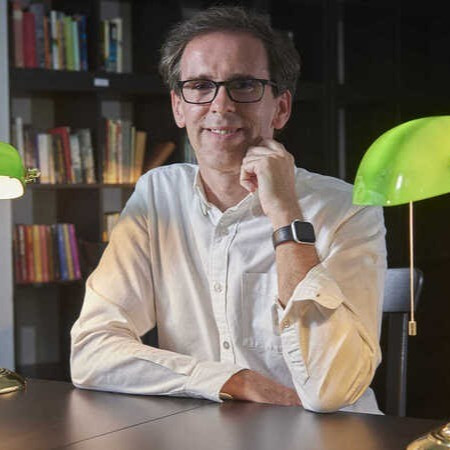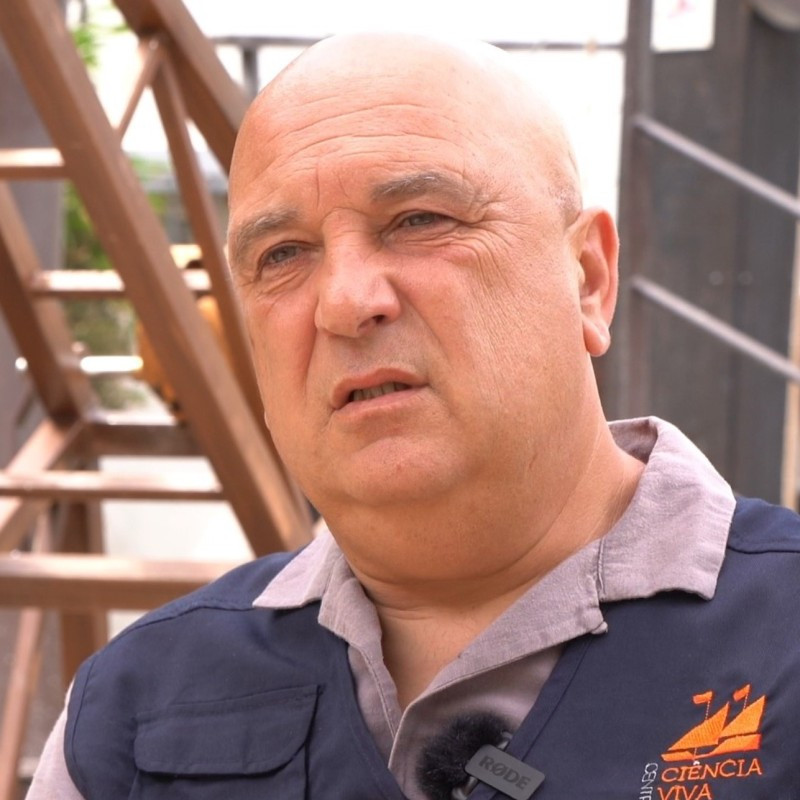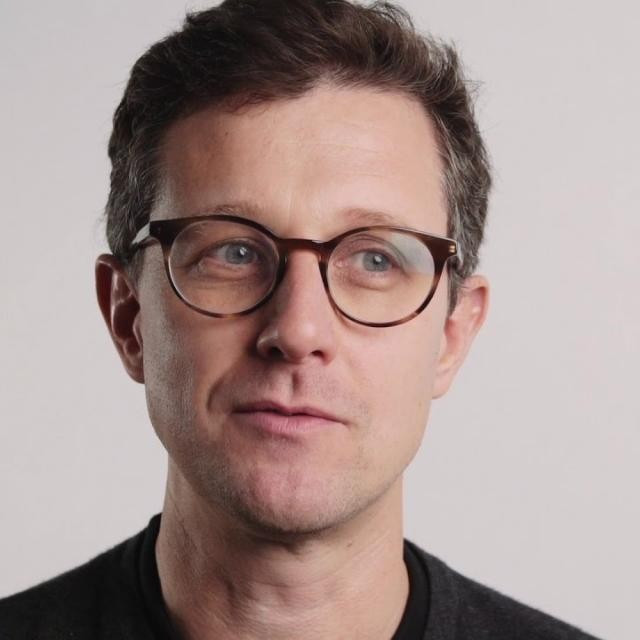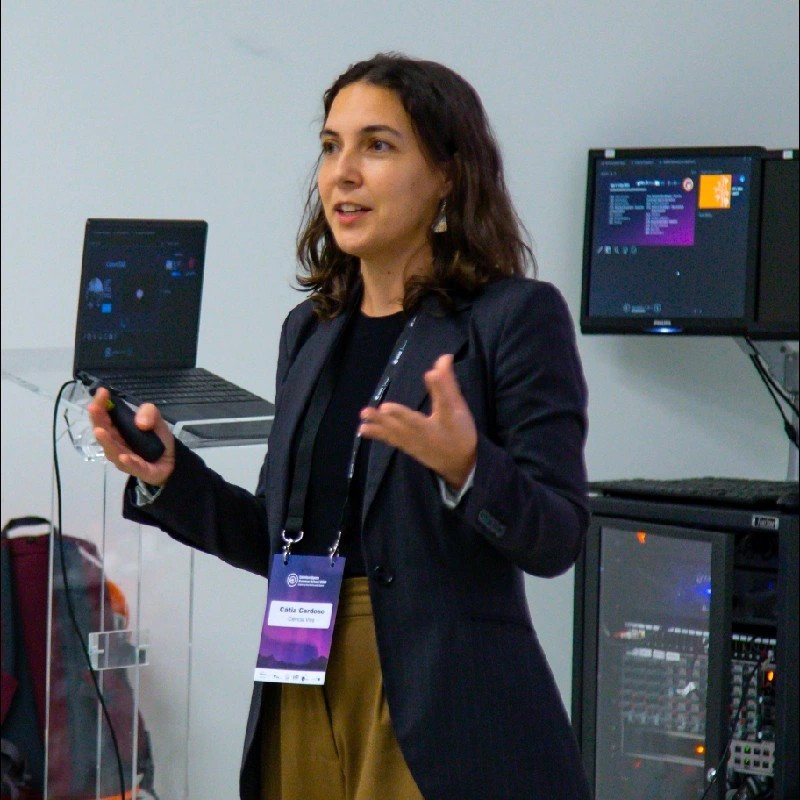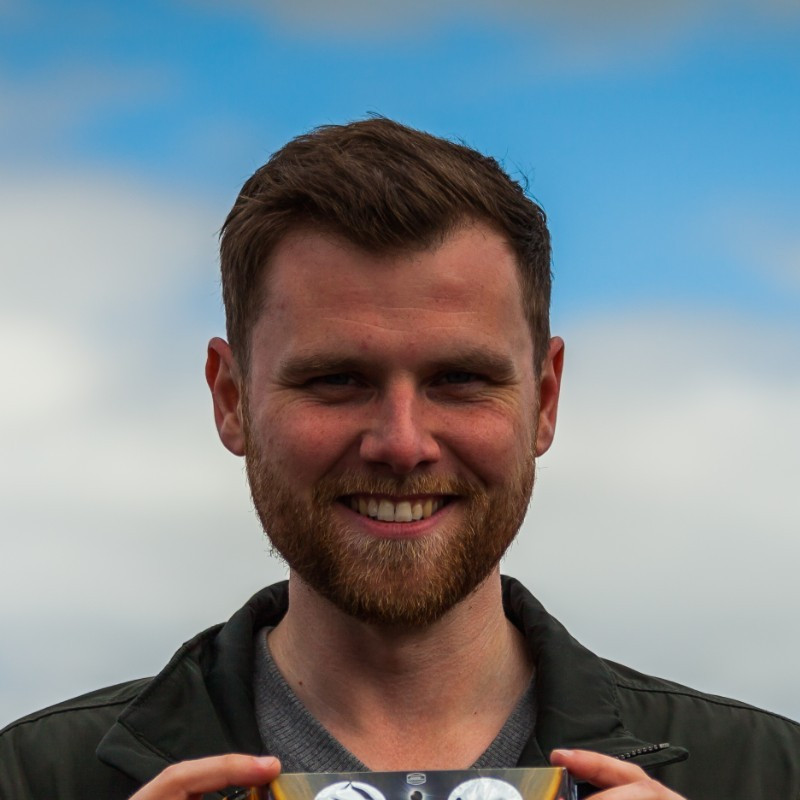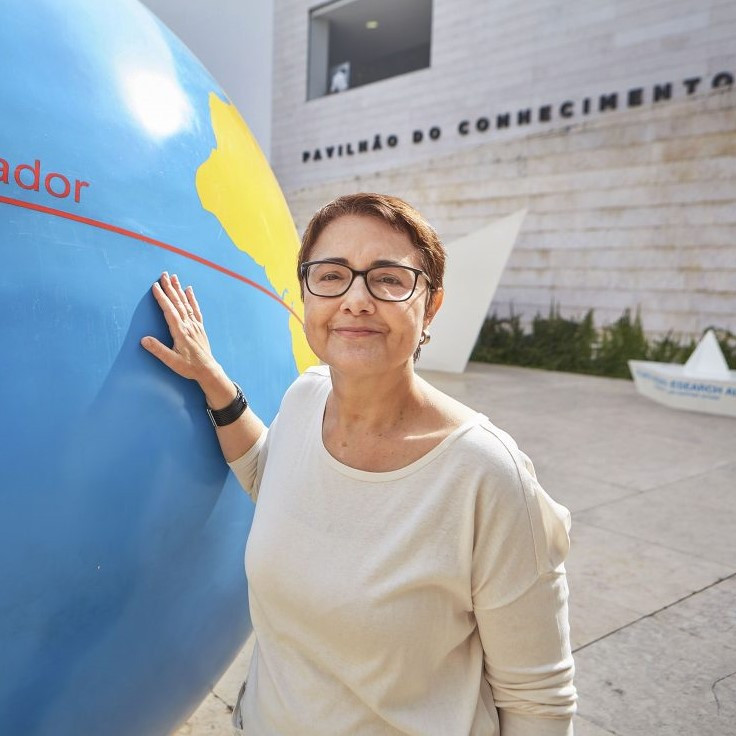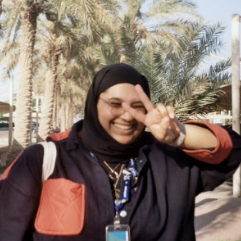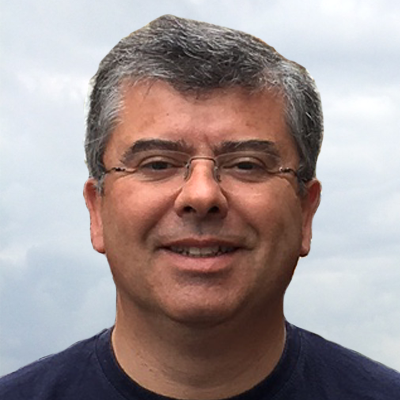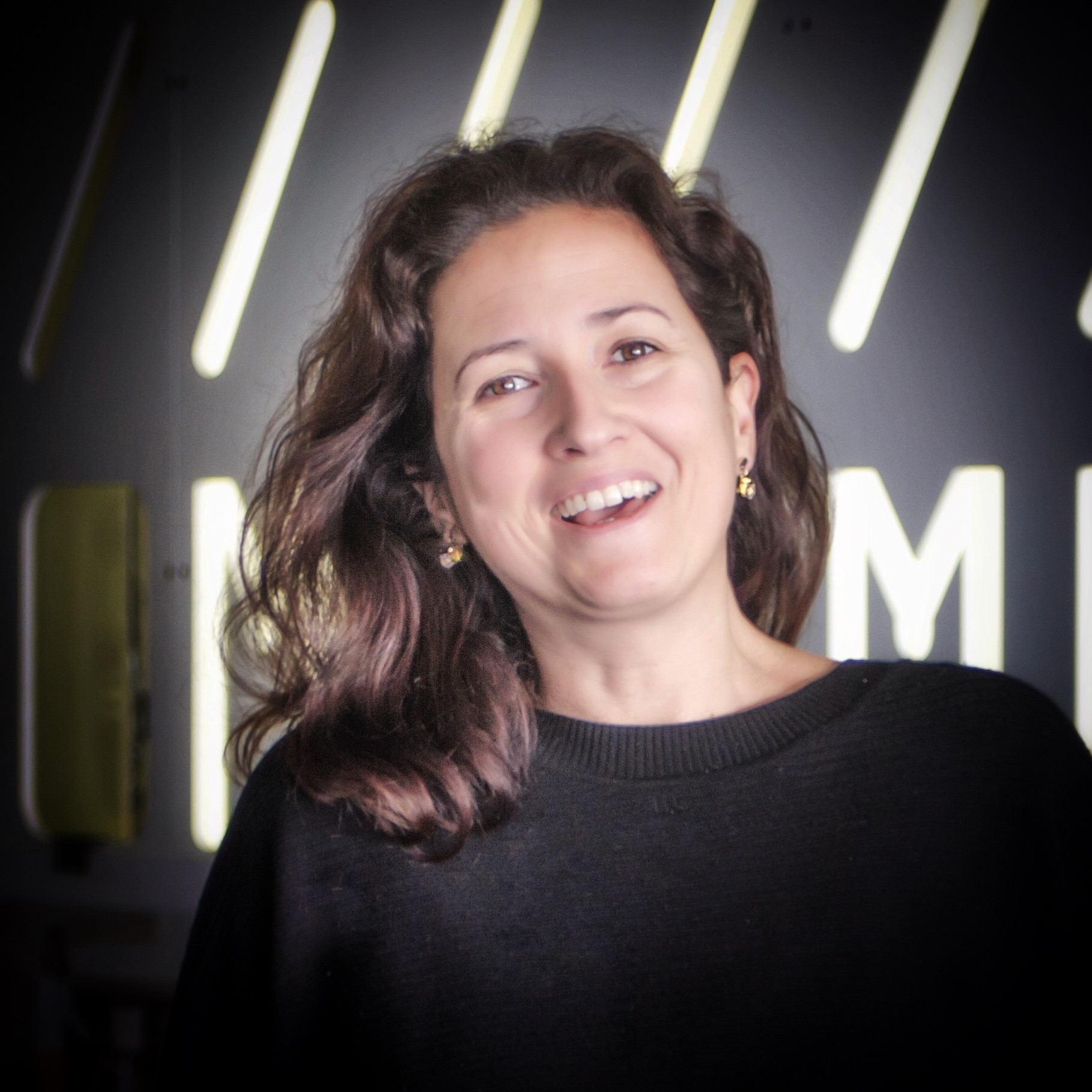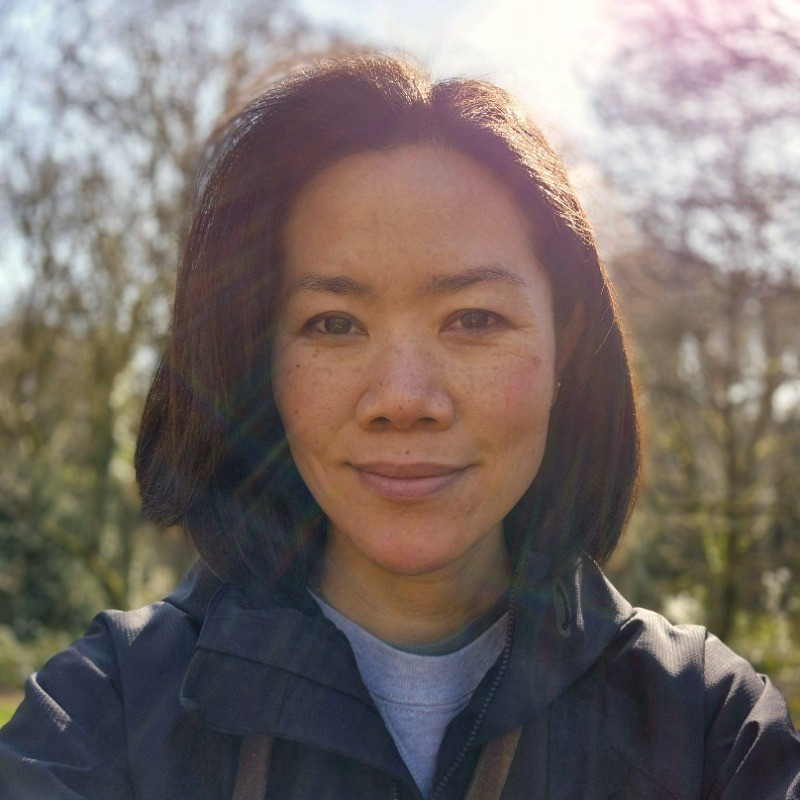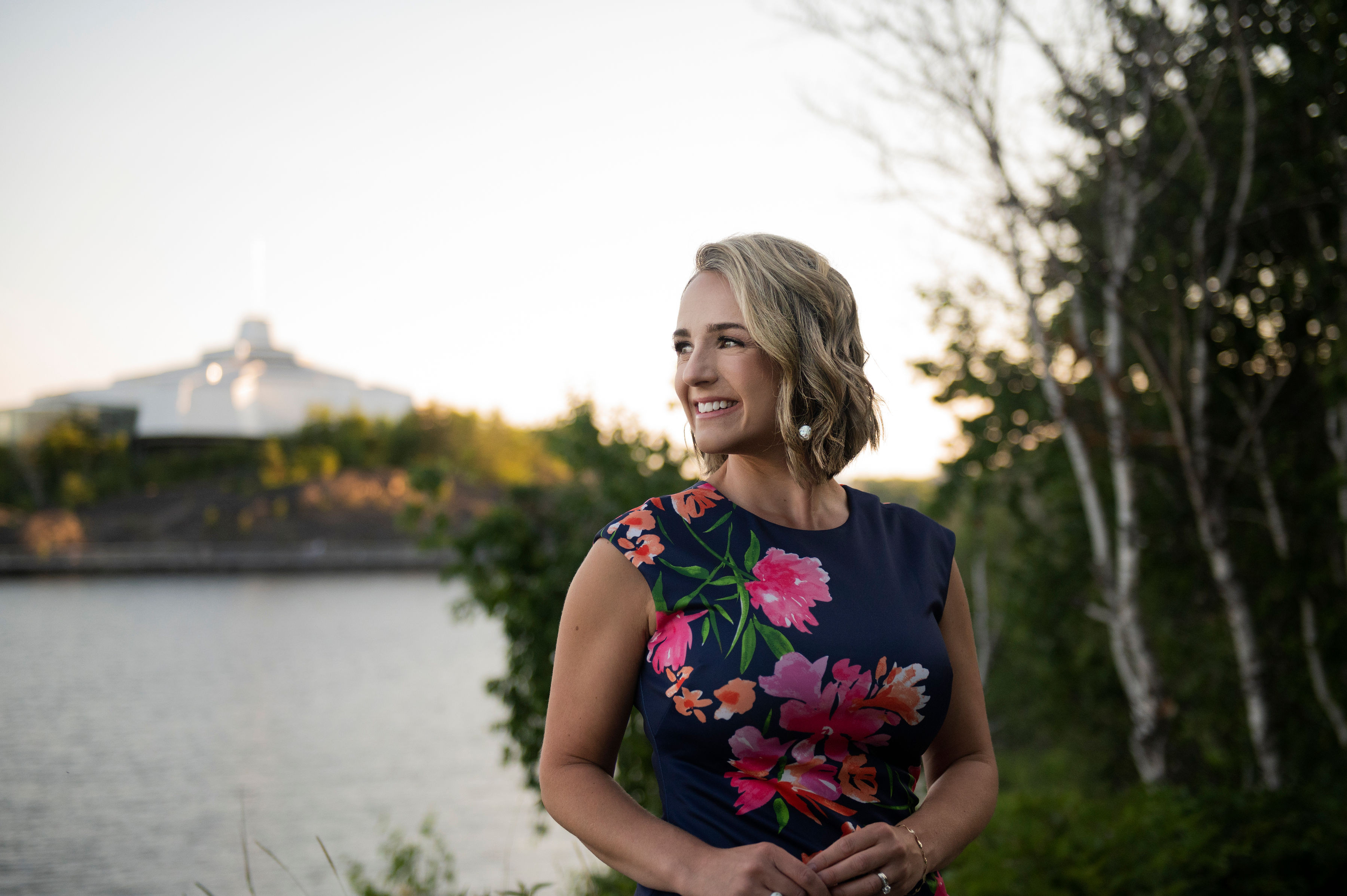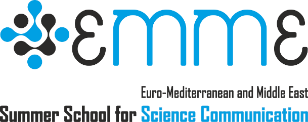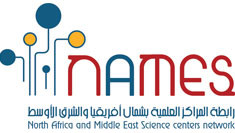Housed in the former Lousal Mine Power Station, the Lousal Mining Museum preserves some of the equipment used to produce electricity and compressed air, which was essential to ensure the functioning of the entire mining complex. In addition to the equipment, this museum takes you on a journey through the history of mining and the people who made this mine a benchmark in Portugal.
From Theory to Impact: Practical Strategies for Collaborative Science Communication
EMME Summer School for Science Communication 2025
21 - 25 September 2025 | Pavilion of Knowledge, Lisbon
The Euro-Mediterranean and Middle East (EMME) Summer School for Science Communication
From the shores of the Euro-Mediterranean to the heart of the Middle East, a shared history intertwines nations facing similar horizons. In a rapidly evolving landscape, the need for stronger connections and a commitment to democratic growth and robust institutions has never been more critical. Imagine a future fueled by sustainable progress, where opportunity flourishes for all.
Science centers, museums, and the vibrant world of science engagement stand ready to be powerful catalysts for this change. The EMME Summer School steps onto this stage with a clear mission: to empower existing science engagement initiatives, spark the creation of new ones across the Euro-Mediterranean and Middle East, and foster a dynamic dialogue that bridges divides. Together, we will equip these vital hubs to become active drivers of growth and development within their communities.
Elevate Your Science Engagement Impact at the EMME Summer School 2025!
Join us in Lisbon, Portugal, 21-25 September, for an intensive 5-day training at Ciência Viva's Pavilion of Knowledge. This program is your launchpad to mastering collaborative science communication, leveraging cutting-edge AI tools, and co-creating impactful programs with your communities—from engaging youth and policymakers to developing compelling exhibitions. Learn from global leaders and gain practical strategies to transform your science center or organization into a powerful agent of change. Don't miss this opportunity to network, innovate, and drive meaningful engagement with science and technology!
Who Should Attend?
This exclusive event welcomes middle- and senior-level professionals who are shaping the future of science engagement at science centers and related organizations. Whether you are a valued member of the NAMES or Ciência Viva networks, or a partner invited by our organizations, this is your chance to collaborate and learn. Please note that spaces are limited to 45 participants to ensure an intimate and impactful learning environment. Our shared language for this exciting journey is English.
What to Expect at the EMME Summer School 2025?
The EMME Summer School is meticulously designed to provide you with practical skills and theoretical understanding. Expect an energizing blend of:
- Hands-on Learning: Dive into active workshops grounded in real-world practice and backed by insightful theory.
- Interactive Engagement: Collaborate with peers and experts in dynamic sessions that encourage participation and knowledge sharing.
- Tailored Content: Explore relevant topics specifically curated for the needs of science centers and diverse science engagement organizations.
EMME 2025 Registration Fees
| Membership Status | Early Bird Rate (until 31 July) | Standard Rate (until 31 August) |
| NAMES & Ciência Viva Members | EUR 600 | EUR 700 |
| Non-members | EUR 700 | EUR 800 |
Can I apply for a grant?
The application process for the Ciência Viva Grants is now closed.
Ciência Viva is offering 3 partial grants to boost participation from the NAMES network members and the Mediterranean and Middle Eastern regions. The grant will cover the registration fee and accommodation of eligible nominees selected by NAMES and Ciência Viva. Find out more by clicking the link below.
Sunday, 21 September | WELCOME
17.30 - 18.00 Reception | Ticket office, Atrium
18.00 - 18.30 Official Opening Ceremony | Atrium
Rosalia Vargas, President of Ciência Viva
Maissa Azab, Executive Director of the North Africa and Middle East Science centers network
Wael El-Naggar, Ambassador Extraordinary and Plenipotentiary of the Arab Republic of Egypt
18.30 Welcome Cocktail and Ice-breaker
Monday, 22 September | MANAGEMENT & AI
9.30 - 10.00 Reception | Ticket office, Atrium
10.00 - 11.00 Talk | Auditorium
The hidden life of a science centre
By Rosalia Vargas, President of Ciência Viva
Behind the colorful scenery of a science centre there is a very complex apparatus of machinery, cables, personnel, and everyday logistics that make sure all the visitors experience the wonder of science discovery.
In this session, we will go through some of the key elements that are part of the day-to-day of a science centre, and that are normally unknown to the public. Science centres are normally huge buildings, that require dozens of permanent technical staff to assure that a fun and safe experience is provided to every single visitor that enters through the doors.
A science center is certainly not a classroom but should have room for a class: science centers should respond to schools and challenge the schools. Is there a hidden room where children have unforgettable lessons exploring science with direct contact with researchers? With less visibility to the general audience than the exhibitions, the educational projects promoted in collaboration with researchers, teachers and students are the driving force to reach a positive change in youth’s attitude towards science and STEM in general.
A science center is certainly not a political parliament but is a place for debating science-based controversies and a place for networking scientists and non scientists. What doors will open so that your public will love you more?
11.00 - 11.30 Coffee Break
11.30 - 12.30 Science Centre Hack | Exhibition Hall
Explore the Pavilion of Knowledge exhibitions and facilities.
Experiences for setting up group discussions throughout the summer school. Facilities include the permanent exhibitions in 2025: Tcharan! Circus of Science Experiments, Explore, and Fishanário; as well as a Laboratory, a Science Kitchen, a Library, an Auditorium and a Meeting Room.
12.30 - 14.00 Lunch (with email break)
Portuguese bites: Savour and learn
14.00 - 15.00 Keynote and Discussion | Auditorium
The interplay between science & society
By Pedro Russo, Director of Ciência Viva and Professor at Leiden University, the Netherlands
The dynamic interplay between science and society is a complex negotiation, where each influences and shapes the other. Society provides the context, funding, and ethical boundaries for scientific research, while science offers knowledge and technological advancements that can transform societal structures and values. This relationship is often measured and analyzed through large-scale surveys like the Eurobarometer in Europe, and similar studies conducted in the USA and other regions. These surveys reveal public perceptions of science, levels of scientific literacy, and trust in scientific institutions, highlighting the fluctuating power dynamics. Factors such as media representation, and public understanding of scientific processes significantly impact this relationship, leading to both periods of strong collaboration and instances of tension or mistrust. The data from these surveys are essential for policy makers, scientists, and educators but also for Science Centres to understand, plan, strategize and navigate the ever-evolving connection between science and society.
15.00 - 18.30 Workshop | Atrium
AI in science communication: Demystifying and harnessing emerging technologies
By Luís Azevedo Rodrigues, Executive Director of Centro Ciência Viva de Lagos
This workshop is designed for professionals in science museums (exhibitions, education, collections, marketing) with beginner to intermediate AI knowledge, aiming to use AI ethically and effectively to engage visitors. Participants will learn foundational AI concepts, explore Explainable AI (XAI), and gain hands-on experience with generative tools for creating visual, video, and 3D content. The program emphasizes human-centric, ethical AI aligned with UNESCO and EU guidelines. It includes practical sessions on prompt engineering, multimedia creation, and strategic planning. Participants will leave with a toolkit for responsible AI integration in museums and actionable strategies for implementation.
Tuesday, 23 September | PROGRAMMING
9.30 - 11.00 Talk | Auditorium
AI now
By Paulo Dimas, CEO of the Center for Responsible AI
In this talk, participants will learn about the latest developments in AI, current challenges as well as the use of AI in a responsible way and the usefulness of AI for optimization of processes in organizations such as science centres.
11.00 - 11.30 Coffee Break
11.30 - 12.30 Case Study & Workshop | Atrium
Science communication: Co-creating programs with scientists and communities
By Cátia Cardoso, Head of the Department of Public Engagement with Science and Technology at Ciência Viva
Co-creation is a collaborative process where scientists and community members work together to design, implement, and evaluate science communication programs. They highlight the value of incorporating diverse perspectives, including those of underrepresented groups, to ensure programs are relevant and impactful. With this talk we want to discuss how co-creation fosters mutual understanding by combining scientific knowledge with community insights and lived experiences and present successful examples, such as citizen science projects or sustainability initiatives, where scientists and communities collaboratively addressed societal challenges.
12.30 - 14.00 Lunch
14.00 - 16.00 Case Study | Atrium
Solar eclipses for public engagement: Developing programs for the 2027 solar eclipse
By Sævar Bargason, Science Educator at the Natural Science Museum of Kópavogur University of Iceland
The 2027 Total Solar Eclipse offers the Mediterranean and Middle Eastern Science Centers a rare and powerful once-in-a-generation opportunity to engage the public in science, foster international collaboration, and promote public understanding of astronomy through one of the most spectacular natural events.
Participants are challenged to develop programs of hands-on activities: many resources are available for educators and families to conduct eclipse-related activities, enhancing understanding of solar science and how to promote community involvement by engaging local communities to set up telescopes and capture images of the eclipse, fostering a sense of collective scientific endeavor.
16.00 - 16.30 Coffee Break
16.30 - 18.00 Case Study | Atrium
Creating long-lasting and national wide programs
By Ana Noronha, Executive Director of Ciência Viva
With this workshop we want to emphasize how co-creation fosters trust between scientists and the public, encouraging open dialogue and long-term partnerships and share real-world examples of co-created science communication programs to inspire participants, such as Ciência Viva in the Summer and Scientific Ocupation of young students in the Laboratory, among others.
Wednesday, 24 September | COMMUNITIES
9.30 - 10.15 Case Study | Atrium
20 Years of NAMES network: Bridging knowledge, building community
By Maissa Azab, Executive Director of the NAMES Network
In this session, we will learn more about the North Africa and Middle East Science centers network. Representatives of NAMES member institutions are invited to share relevant experiences and case studies from the NAMES region.
10.15 - 10.30 Coffee Break
10.30 - 12.30 Case Study | Atrium
Tough audiences first
By Fatema H. Alqallaf, Senior Educational Programmer, Education & Programs Department, The Scientific Center of Kuwait
With our “no audience left behind” mentality, we were able to reach the "unreachable" audiences. In this case study, we will follow the journey of a visitor at the scientific center from 13 years old throughout the years. We will showcase things that went right in our journey, and how science centers can inspire generations. Winning over the "why should I care" is an artform we aim to perfect. Where does change stem from, if not from within? This will focus on a specific case study and real-world experiences from both our programs and visitor engagement here at The Scientific Center of Kuwait and in Kuwait.
12.30 - 14.00 Lunch (with email break)
14.00 - 16.00 Case Study & Workshop | Atrium
Generation Hope: Engaging young people with the planetary emergency
By Camilla Tham, Head of International Partnerships at the Natural History Museum, United Kingdom
The Natural History Museum in London has a mission to 'create advocates for the planet', people who feel equipped to make informed decisions, and confident and motivated to take action towards a positive global future. With an ongoing planetary emergency - from climate change to biodiversity loss - the challenges we face are complicated and can feel deeply overwhelming. There is a lot at stake for young people, who inherit the future of today's decision-makers. But they are some of the most vocal in raising the alarm, are unapologetically demanding a better future, and many embody admirable hope and determination that radical change is possible.
In this session Camilla will talk about a public programme for young people she leads called Generation Hope, a free series of talks, workshops, storytelling and more led by the Natural History Museum in collaboration with youth climate and nature advocates from across the world. It creates a space for young people to come together with scientists, activists, creatives and others to engage with the challenges we face in the planetary emergency and the tangible actions we can take towards a more positive future. Camilla will share the aims and approach of the program, how content is collaboratively created and what the Museum currently understands about the impact Generation Hope is having on its young audiences. There will be time for questions, and then break-out groups for focused, open discussions on some of the key issues and themes arising.
16.00 - 16.30 Coffee Break
16.30 - 18.00 Case Study | Atrium
Empathy through narrative: Leveraging storytelling for effective STEM communication
By Ashley Larose, CEO of Science North
Science North, Canada’s largest science centre, has a long-standing commitment to engaging diverse audiences, both locally and internationally, with meaningful, accessible, and inspiring science experiences. At the heart of this work is a belief that empathy is essential to connecting people with science in ways that reflect their lived realities, values, and hopes for the future. From artificial intelligence to climate adaptation, the STEM topics shaping our world are increasingly complex and deeply personal. How we talk about them - and more importantly, how people feel about them - matters.
Storytelling offers a powerful tool to bridge this gap. It transforms abstract science into human experience, allowing audiences to connect emotionally and intellectually with the content. At Science North, we’ve seen firsthand how storytelling can invite curiosity, foster trust, and support learning across cultures, languages, and generations. In our work with international audiences (including in Southeast Asia and the Middle East) we use story as a strategy to centre empathy and create space for inclusive dialogue about science and technology.
In this session, Ashley will share how storytelling is used to foster empathy in STEM communication. She will highlight how narrative strategies are developed, how they are integrated into public experiences both onsite and abroad, and what the organization is learning about their impact on audience engagement. The session will explore how science centres can use storytelling not only to inform, but also to inspire; building stronger connections between people and science through empathy.
Thursday, 25 September | EXHIBITIONS DEVELOPMENT
9.00 - 10.30 Travel from Lisbon to Ciência Viva Centre of Lousal (CCV Lousal, 130 km)
10.30 - 11.00 Arrival and Welcome Coffee at CCV Lousal
Nowadays, the Lousal Ciência Viva Science Centre is a treasure trove of geological and mineral sciences. The georesources available at this location are gifts from Earth itself. At this Centre, you can learn more about minerals and metals, how they were formed and how we make use of them today, as well as explore other fields of research like physics and chemistry.
11.00 - 13.00 Case Study
Conceptualization process: Outline the steps involved in designing science exhibitions
By Mafalda Frade, Exhibitions Department of the Pavillion of Knowledge and Álvaro Pinto, Executive Director of Centro Ciência Viva do Lousal
How to create engaging and impactful exhibitions. Rather than a one-size-fits-all approach, we offer distinct workshops that can be tailored to address specific needs and interests. Participants can choose to focus on one or more key aspects of exhibition development.
CASE STUDY 1: CLEVERFOOD
CLEVERFOOD aims to mobilise European citizens from all ages and backgrounds to transform the European food system into a more regenerative, resilient, and plant-based food system.
CASE STUDY 2: LUMINAR and AMPERE
LUMINAR takes visitors on a journey through the Earth and the Solar System, following an unlikely group of scientific heroes: photons. This exhibition explores different science fields with the power of immersive experiences, virtual reality, motion sensors, and more!
AMPERE - in portuguese “Arqueologia Mineira e Património Elétrico como Recurso Educativo” is a new project which revitalized the Science Centre of Lousal, making use of technology to give new life to their mining exhibition, as well as create educational resources. Participants can marvel at the results of the AMPERE project during the EMME Summer School Dinner.
13.00 - 14.30 Lunch and Visit to the Lousal Mining Museum
14.30 - 17.00 Visit to the Underground Mine
By Álvaro Pinto, Executive Director of Centro Ciência Viva do Lousal
Are you ready for a trip to the centre of the Earth? The Waldemar Mining Gallery, at CCV Lousal, holds a variety of activities in its underground mining gallery. In this visit, you can spot protected bat species, study muons that travel through rock, or learn about high-quality wines being stored in the quietness of the mine.
17.00 - 17.30 Coffee Break
17.30 - 19.00 Closing and Feedback Session
19.00 - 21.00 Dinner at a typical local restaurant
Travel from the Ciência Viva Center of Lousal to the Restaurant "Puro Azeite" (Outeiro do Lobo, 15 minutes).
Restaurant coordinates: 38.00878044064055, -8.534957862486179
21.00 Return to Lisbon


